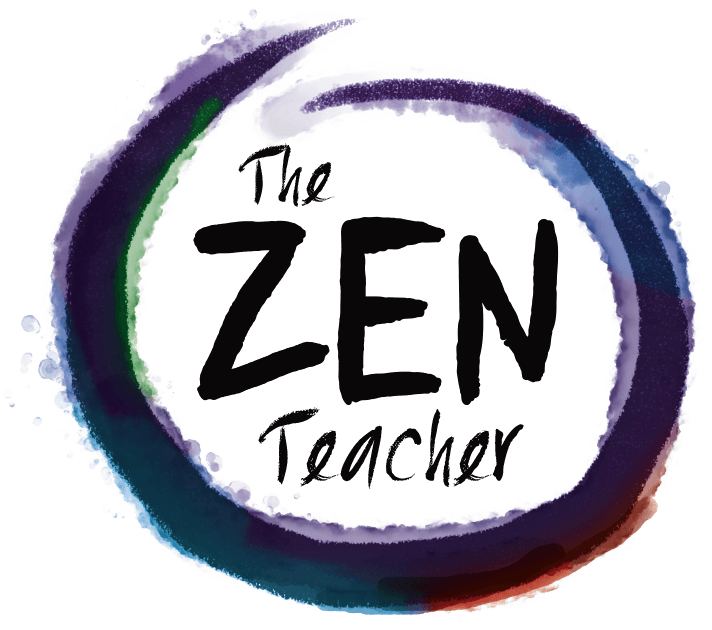Beginner’s Mind
In Beginner’s Mind, you approach each situation not as the expert or the learned one, but from a place of openness, wonder, and vulnerability. You know that you still have much to learn and arrive with questions that will expand your knowledge, not with the closed mind of “knowingness” that will limit your understanding.
Mindfulness and Meditation
Practicing Mindfulness allows you to be present in the moment and experience and appreciate your life as it is happening, as opposed to allowing the chaos, hyperspeed, and white noise of the modern world distract you from the perfection of the single moment in front of you. Meditation is a technique that is used to slow down and experience Mindfulness and begins with a focus on the breath, which concentrates your attention on the present, so that you’re not fretting about the past or obsessing about the future.
Non-judgment and Acceptance
Non-judgment involves detaching from anticipated or expected outcomes (which helps you avoid disappointment when those outcomes don’t materialize) and helps you avoid the duality of “good/bad” and helps you realize that the situation merely is. Cultivating acceptance helps you greet and embrace each circumstance life throws at you with a sense of peace and tranquility.
Lovingkindness
Lovingkindness is a way of traveling that emphasizes how you treat others and the world. It encourages us to approach both people and life circumstances from a place of kindness, compassion, and gratitude so that we not only improve the quality of our own life, but others’.
Intuition
Developing our intuition involves quieting our mind enough to listen to that small voice inside us that leads us in the right direction. In today’s noisy and chaotic world, it has become harder and harder to hear this little voice, which is why stillness and silence are more important than ever. Learning to listen to our intuition is a woefully underused skill that, if more people did it, might make them (and the world) at least a little bit happier.
The Three S’s: Space, Stillness, and Silence
The three S’s–Space, Stillness, and Silence–bring a quality to our life that is sadly lacking in today’s world. Silence helps us focus on the present, access the Zen state known as Quiet Mind, and listen to our intuition. Stillness calms and rejuvenates our spirit, and by extension, our lives. Creating space by doing without, getting rid of, and purging the unnecessary, leaves room for our personal interests and our passions.
Intentional Self-Care
One of the most important elements on this list, intention self-care is a matter of honoring ourselves enough to know that we need to be taken care of and, when it comes down to it, who knows better what we need than us? Intentional self-care is about giving yourself permission to love yourself enough that you are able to support your own needs and sustain your sense of personal well-being.
I’m very excited to share this very personal book with you and I hope that you find it useful. And please remember that I am always open to any questions, comments, feedback you might have regarding the book, this blog, or the crazy wonderful world we call teaching.
Thanks for showing up. I’m glad you’re here. TZT
